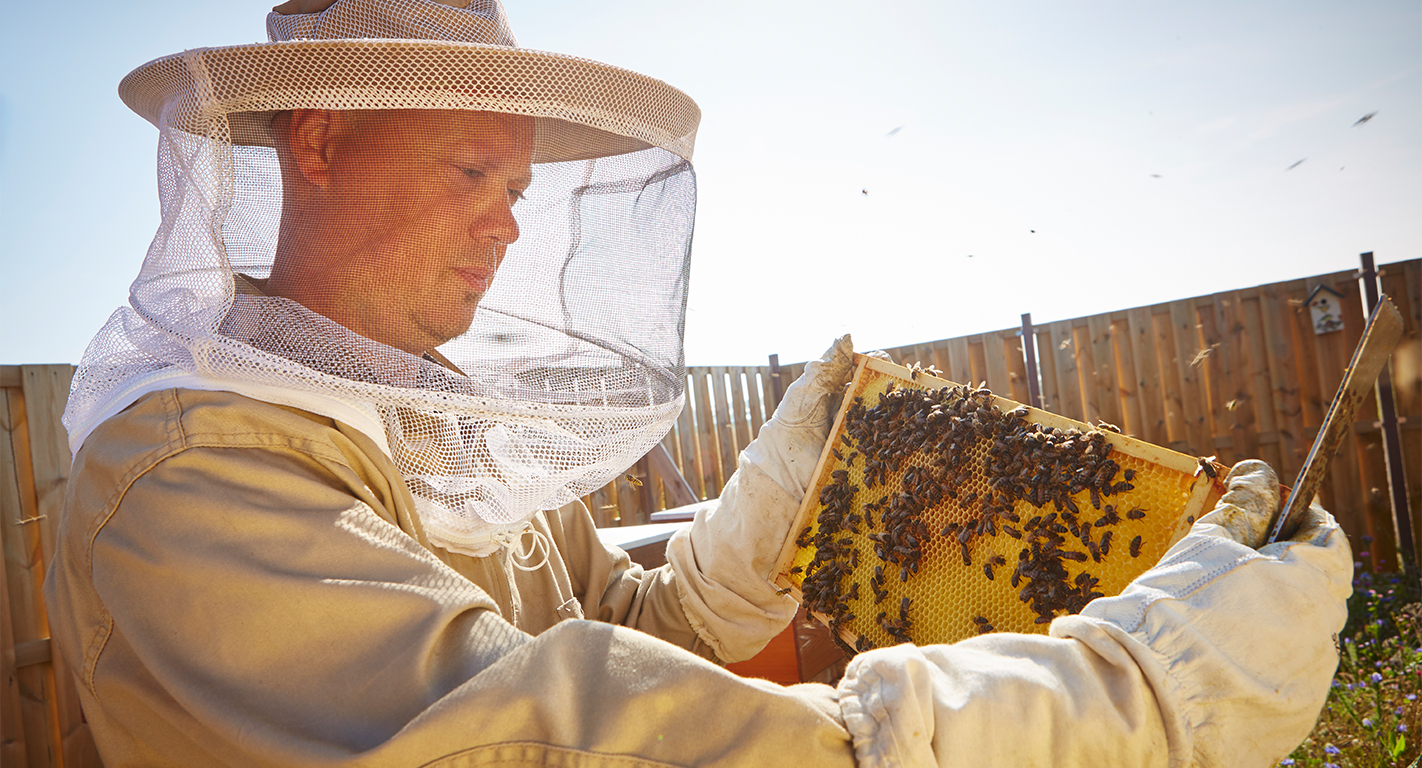Save the Bees Project

- Local Communities
Honey Bee Initiative to Increase Agricultural Crop Pollinators
Honeybees, an essential food production pollinator, are now in decline around the world. To help preserve the rich local ecosystem, Kverneland AS has set up honeybee hives at its plant site.
Honey bees are one of the most numerous and efficient pollinator species in the world. According to the Food and Agriculture Organization of the United Nations (FAO), 75% of the fruits and crops that we eat every day are pollinated and produced by pollinators such as honeybees. Although an average honey bee visits more than 2,000 flowers a day, and contributes significantly to the growth of fruits, vegetables, among other crops, in recent years the number of bees has declined by 37 percent due to climate change, pesticides, and parasites.
Since 2017, Kverneland Group, a tractor implement manufacturer and distributor in the Netherlands, has set up beehives at its plant site in Nieuw-Vennep, where the company is based, and has been keeping bees at an annual cost of about 1,500 euros. Beekeeping contributes to restoring and preserving the rich local ecosystem as well as to promoting the pollination of crops and plants.
The Kubota Group has set “Conserving Biodiversity” as one of its five basic items for environmental conservation, and conducts corporate activities, product and service provision, and community engagement activities with proper consideration for conserving biodiversity and protecting the environment. Particularly because Kubota is engaged in businesses that contribute to the food sector, we are engaged in ensuring the survival of honey bees, which provide benefits in the production of food, and in preserving local ecosystems.